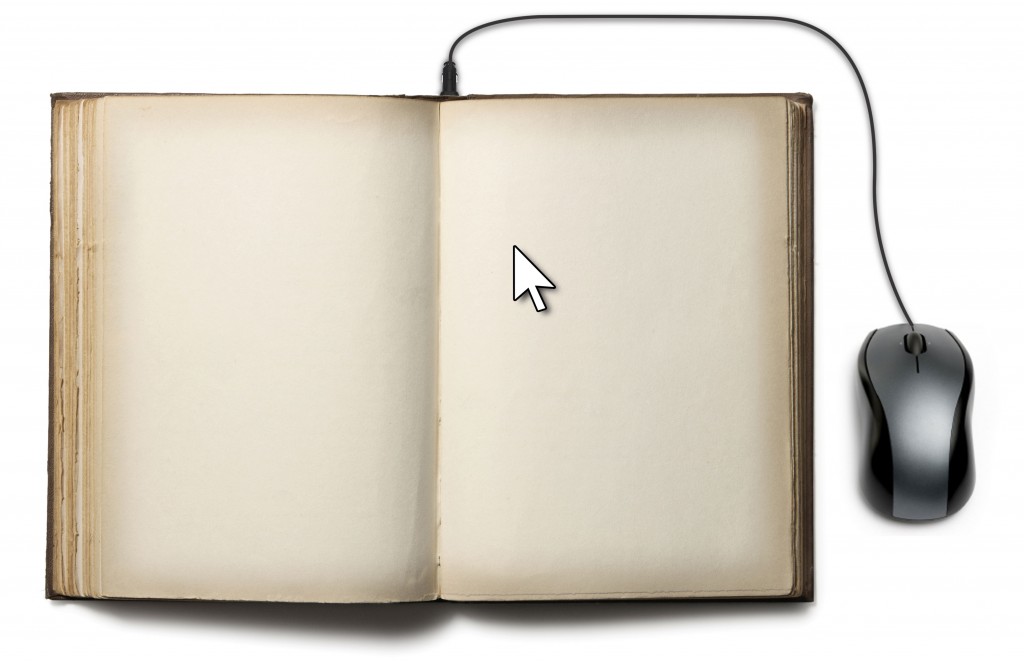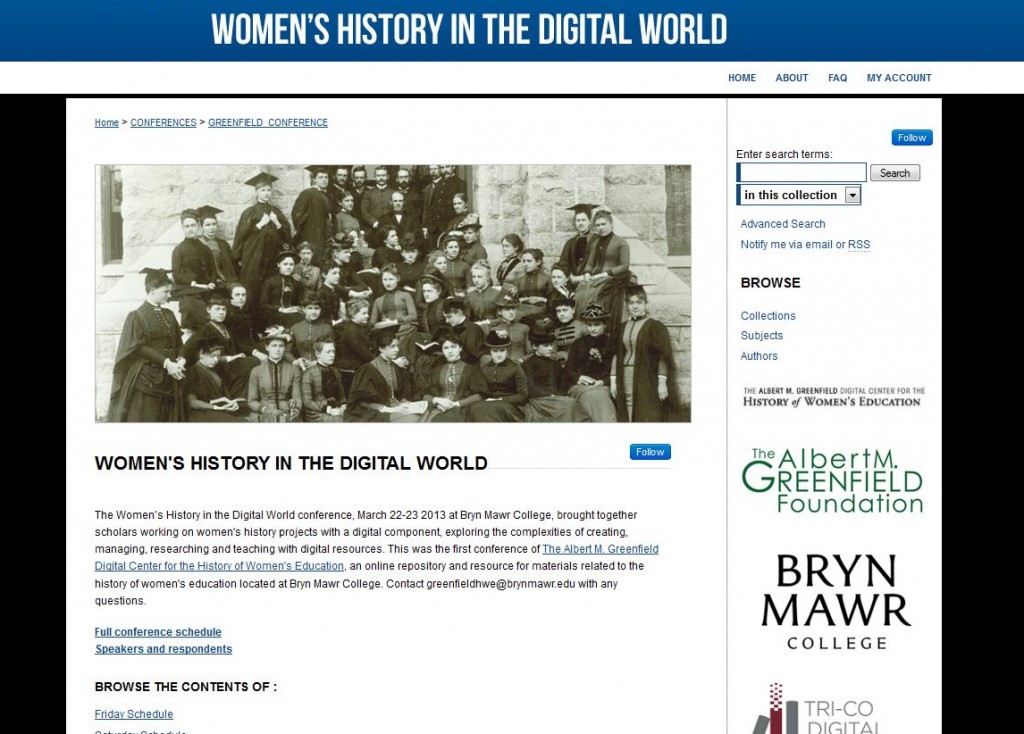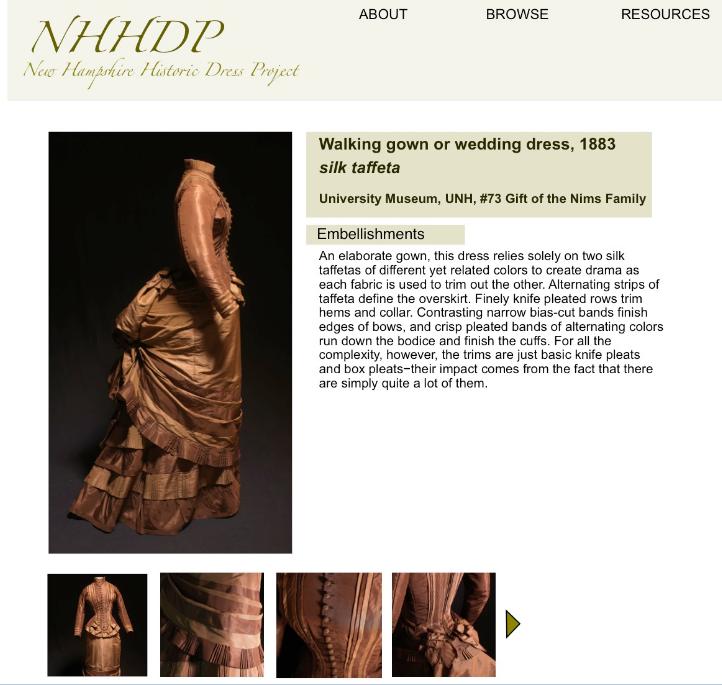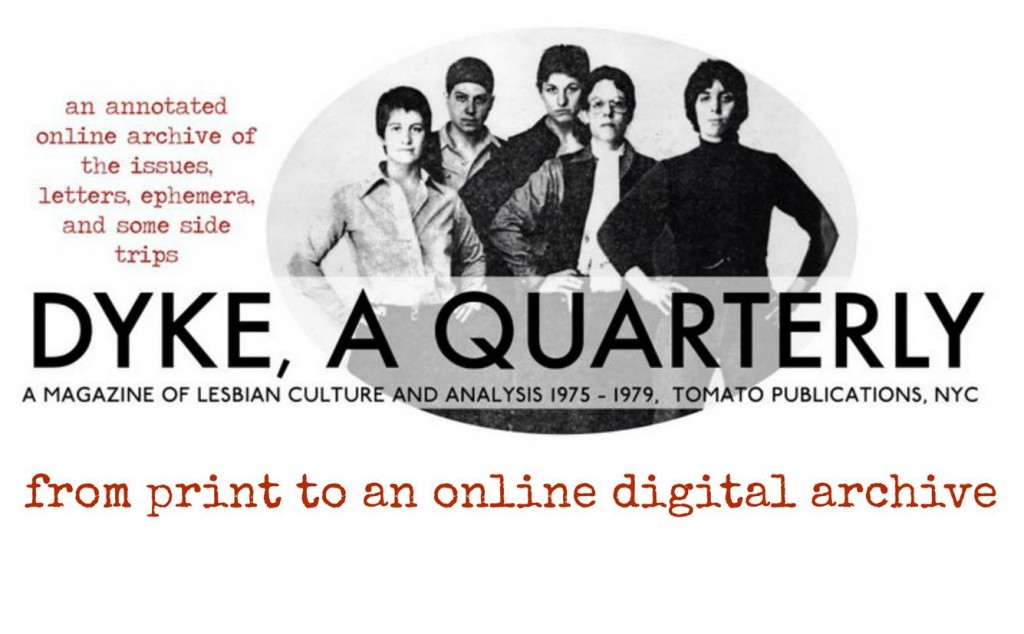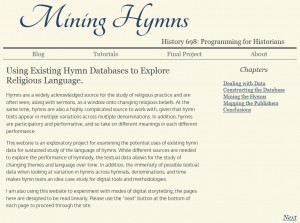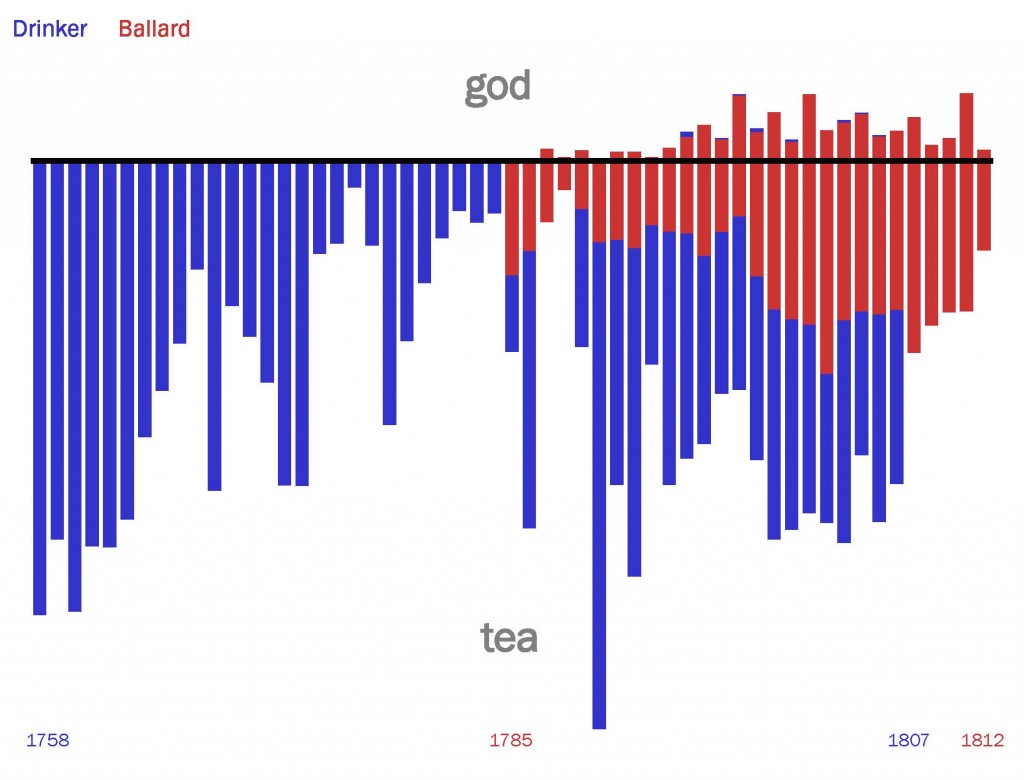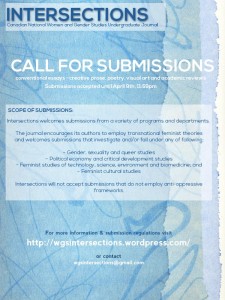ISSUE OF WSQ , SPRING 2014 – DEBT
Guest Editors – Meena Alexander and Rosalind Petchesky
CALL FOR PAPERS

How do we make sense of debt? What does it mean to live in a world of debt – whether you are a college student in the United States, a struggling farmer in India, a homeowner, a country? What does it mean to forgive a debt? How have these meanings shifted over time? Do ancestral debt, ritual sacrifices to the gods, tribal and national vendettas, debts to parents and children, colonial debt, slavery and indenture hover as foreshadowings of the late capitalist turn, when debt becomes a way of life? Whether seeking justice or imposing injustice, debt has its own temporality, compressing and bringing forward pasts, reconfiguring and elongating futures.
As student loans in the US surpass $1 trillion, is student debt becoming a form of training and disciplining bodies, an apprenticeship in “debt enfranchisement”? Has debt become the newly normal way of performing citizenship? Under conditions of neoliberal globalization, green card holders and naturalized citizens find themselves beholden to the nation state; indeed this becomes an unwritten part of assimilation into America. Those without debt (mortgages, loans, credit cards) by definition have no credit—are discredited, literally disenfranchised and placed in a kind of moral and political state of exception at the extreme end of which reside undocumented migrants and refugees. What are the racialized, gendered, sexual, and generational effects, and affects, of these contemporary realities?
Yet debt also makes powerful ethical and historical claims on us that contain seeds of feminist, anti-racist, and progressive transformation. Demands for reparations or redress for the descendants of slavery and victims of apartheid or occupation are based on an assumption that, as Stephen Best and Saidiya Hartman write, “assessing debt and calculating injury [may] itself [be] a formula for justice.” But is the language of debt (“You owe me!”) sufficient to encompass ethical bonds and social justice? And what happens when debt overwhelms moral obligations, de-moralizing both debtor and creditor?
We invite contributions to an issue of WSQ on “Debt” that will probe these contradictions and their reverberations in economics, politics, poetry, visual arts, popular culture, and everyday life. Submissions may address, but need not be limited to, any of the following themes, keeping in mind how they involve relations of gender, race/ethnicity, and sexuality:
· Student debt, universities in debt
· Debt as a moral and/or political language
· Mythic, ancestral, psychic dimensions of debt
· Debt across generations (within countries, families)
· Colonial debt
· National and transnational debt and deficits (US, Eurozone, elsewhere)
· Managing debt through micro-credit, micro-lending, structural adjustments
· Household debt and homelessness
· Medical debt
· Securitization of debt; banks as vampires
· Occupy initiatives around debt (StrikeDebt, Rolling Jubilee)
· Reparations and redress (for slavery, occupation, torture)
· Debt as injustice or justice
· Aesthetic dimensions of debt
· Sexual debt
· Trauma and debt
· Gift vs. Debt
· The female or transgender body and debt
If submitting academic work, please send articles by April 15, 2013 to the guest editors, Meena Alexander and Rosalind Petchesky, at WSQDebtIssue@gmail.com. Please send complete articles, not abstracts. Submission should not exceed 20 double spaced, 12-point font pages and should comply with the formatting guidelines at http://www.feministpress.org/wsq/submission-guidelines.
Poetry submissions should be sent to WSQ’s poetry editor, Kathleen Ossip, at WSQpoetry@gmail.com by April 15, 2013. Fiction, essay, and memoir submissions should be sent to WSQ’s fiction/nonfiction editor, Nicole Cooley, at WSQCreativeProse@gmail.com by April 15, 2013. Please review previous issues of WSQ to see what type of submissions we prefer before submitting poems or prose. Note that poetry and prose submissions may be held for six months or longer. Simultaneous submissions are acceptable if the poetry/prose editor is notified immediately of acceptance elsewhere. We do not accept work that has been previously published. Please provide all contact information in the body of the e-mail. If submitting poetry, paste submission into the body of the e-mail along with all contact information.
Art submissions should be sent to Margot Bouman at WSQArt@gmail.com by April 15, 2013. Art that has been reviewed and accepted must of 300 DPI or greater, saved as 4.25 inches wide or larger. These files should be saved as individual JPEGS or TIFFS.
 The Newberry Seminar on Women and Gender brings together scholars from a variety of historical fields to share their work in progress. Our focus is on the United States and North America across all time periods; however, we welcome papers on non-American aspects of the history of women and gender. The seminar is open to graduate students, independent scholars, and faculty. To maximize time for discussion, papers are circulated electronically in advance. The seminar will meet on selected Fridays during the academic year, 3:00-5:00pm, at the Newberry Library in Chicago. To propose a paper, please send a one-page proposal, a statement explaining the relationship of the paper to your other work, and a brief c.v. to Carmen Jaramillo, Program Assistant, Dr. William M. Scholl Center for American History and Culture, The Newberry Library. Please send all materials as a single PDF attachment via email to scholl@newberry.org.
The Newberry Seminar on Women and Gender brings together scholars from a variety of historical fields to share their work in progress. Our focus is on the United States and North America across all time periods; however, we welcome papers on non-American aspects of the history of women and gender. The seminar is open to graduate students, independent scholars, and faculty. To maximize time for discussion, papers are circulated electronically in advance. The seminar will meet on selected Fridays during the academic year, 3:00-5:00pm, at the Newberry Library in Chicago. To propose a paper, please send a one-page proposal, a statement explaining the relationship of the paper to your other work, and a brief c.v. to Carmen Jaramillo, Program Assistant, Dr. William M. Scholl Center for American History and Culture, The Newberry Library. Please send all materials as a single PDF attachment via email to scholl@newberry.org.


